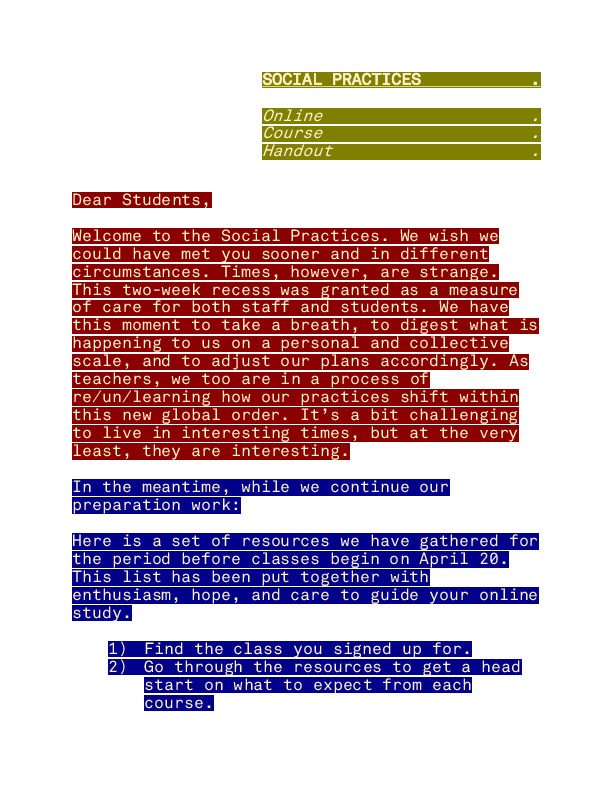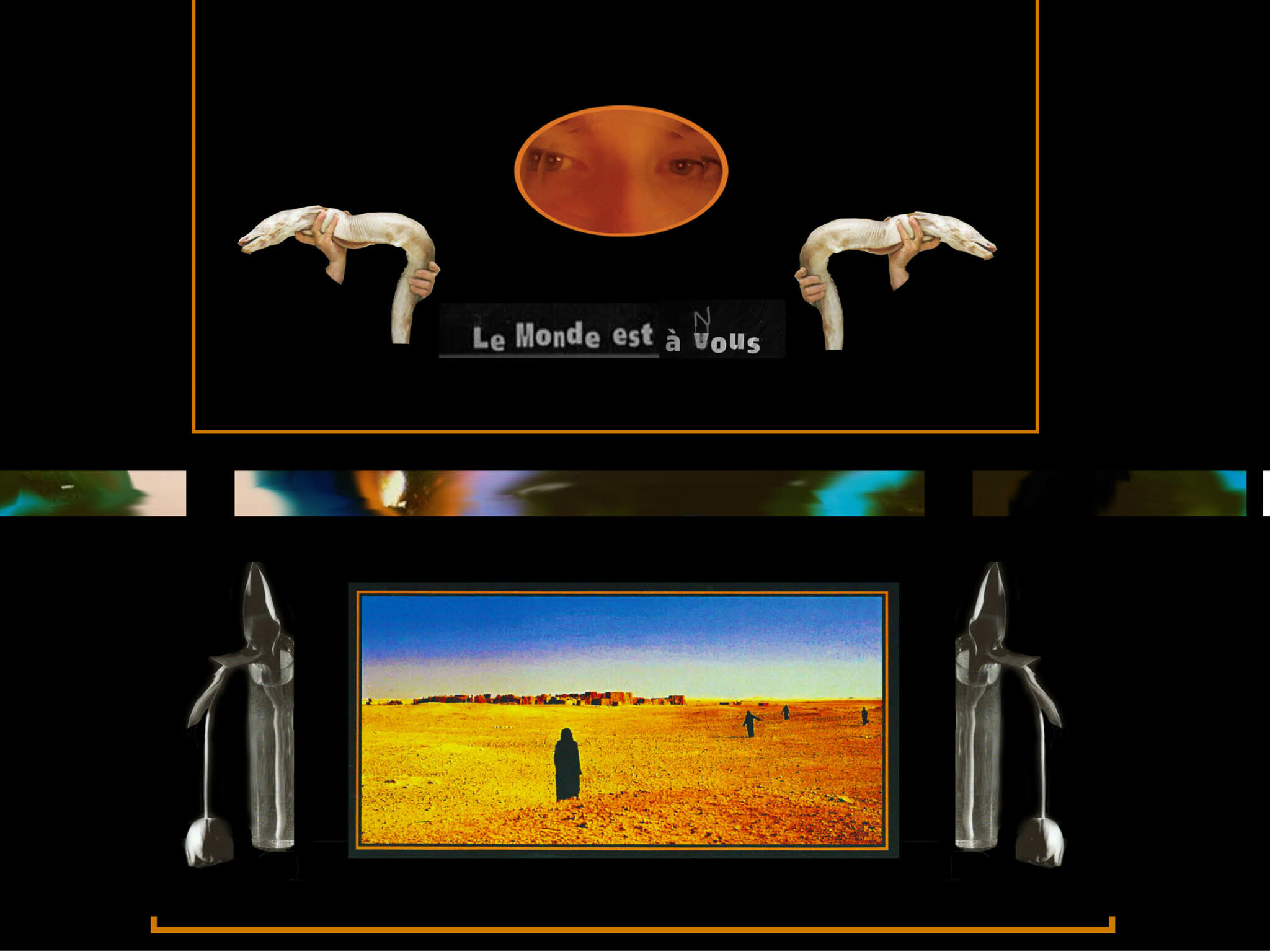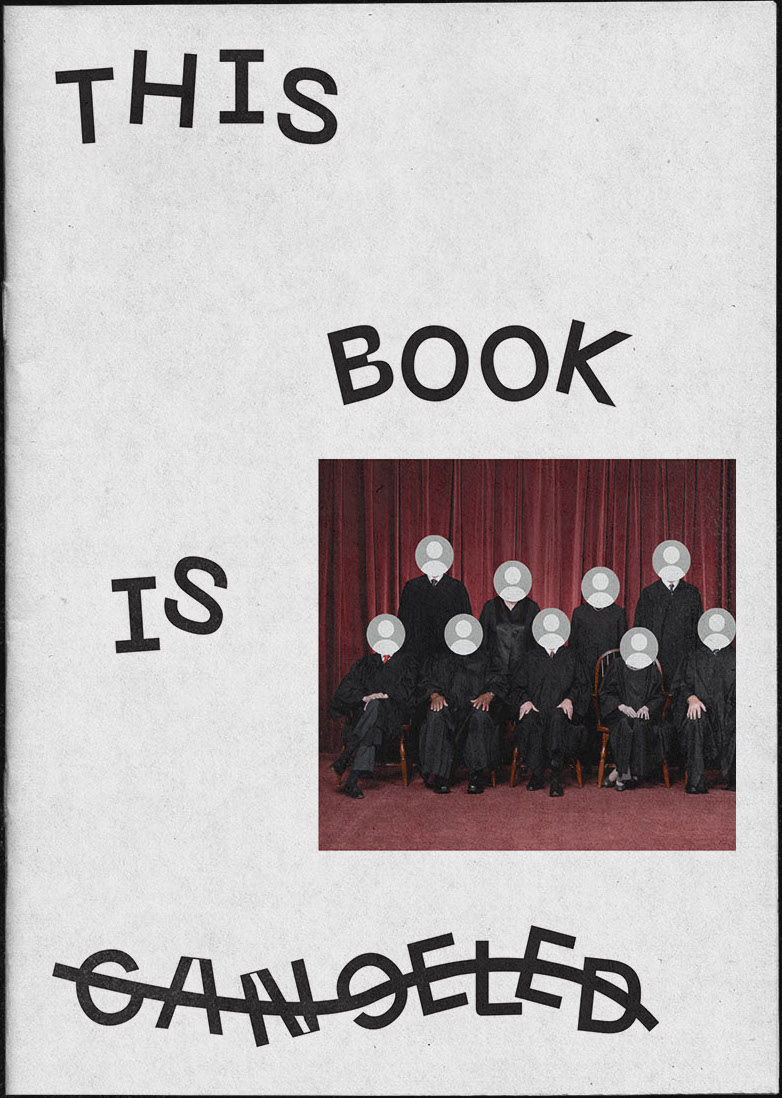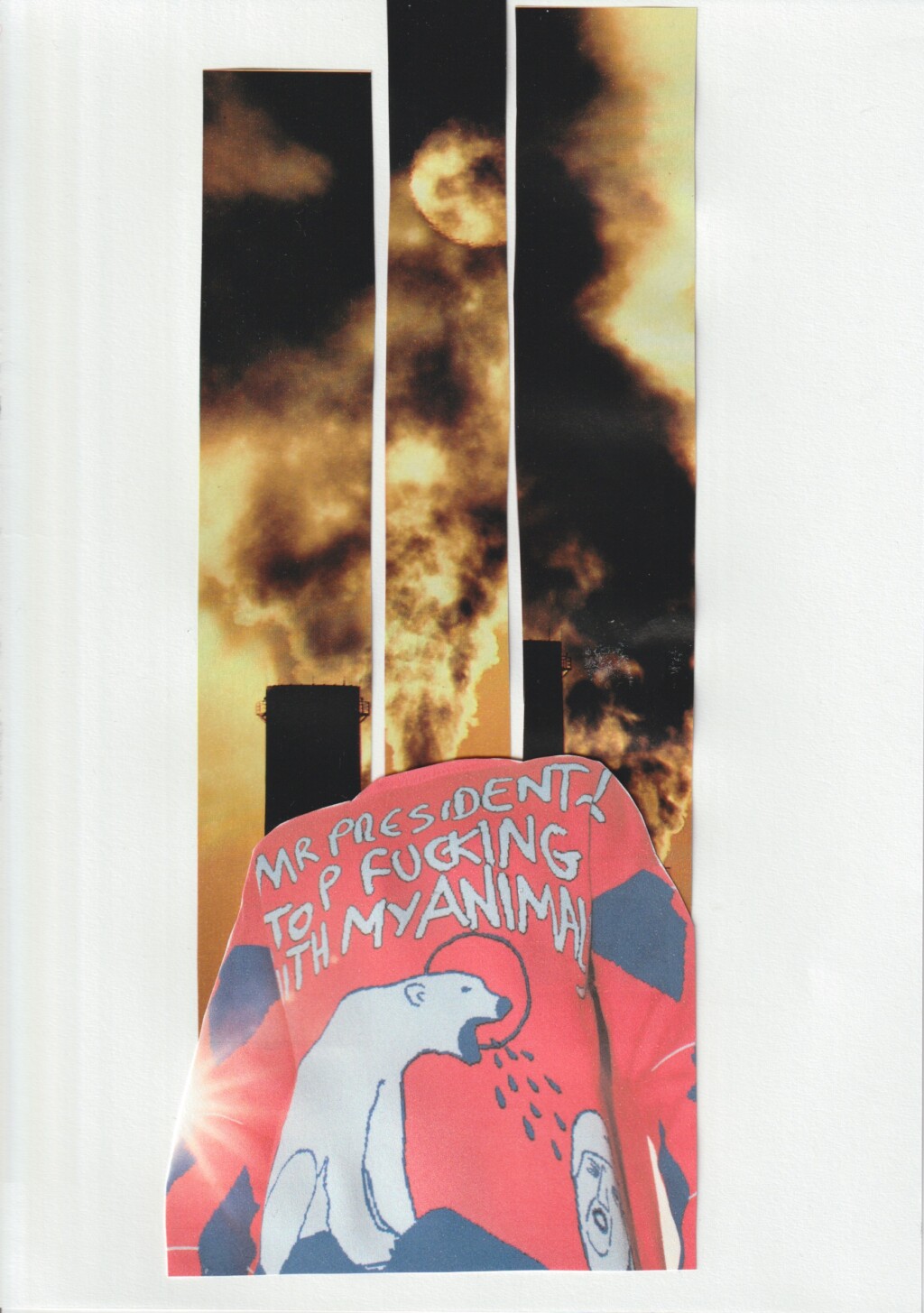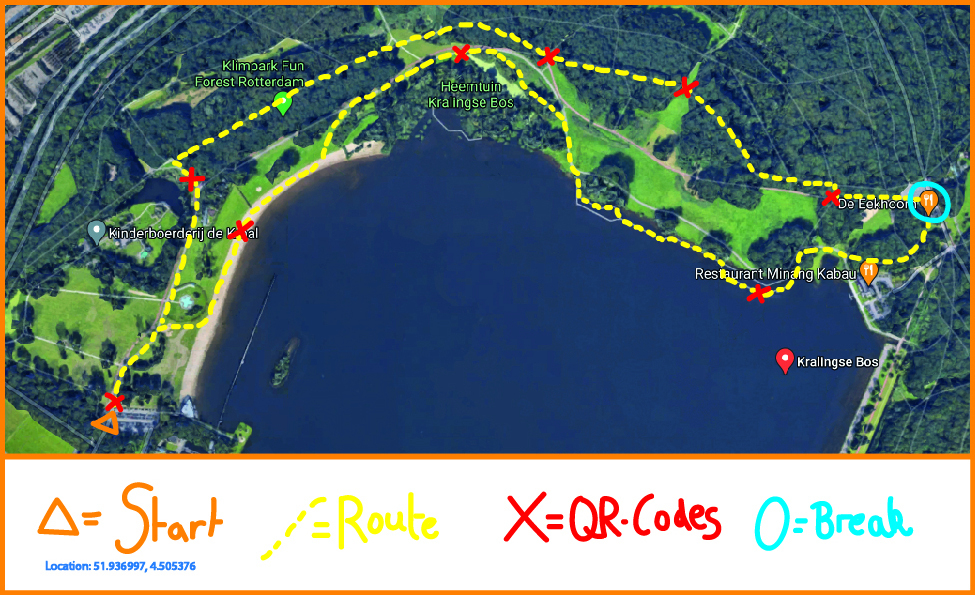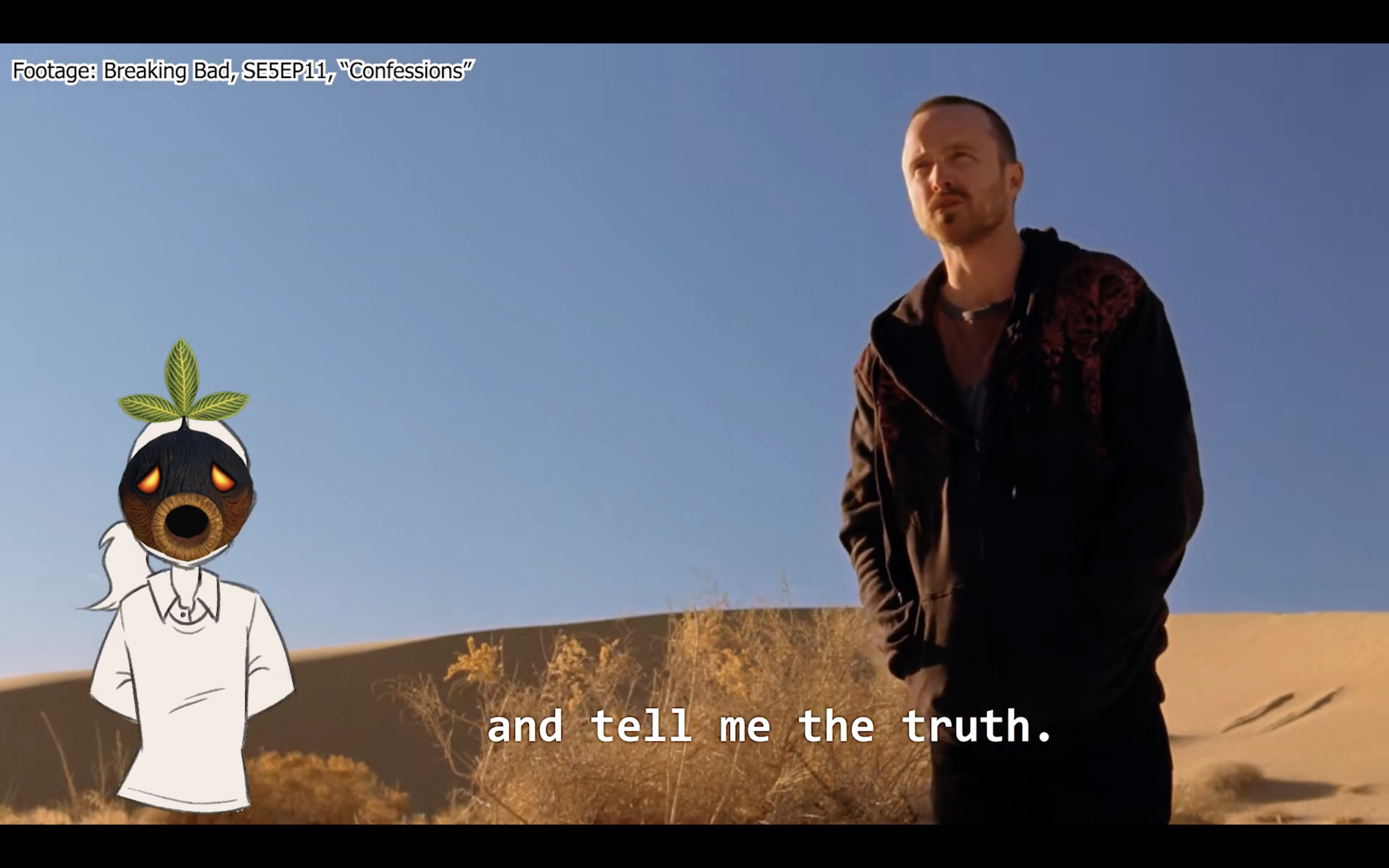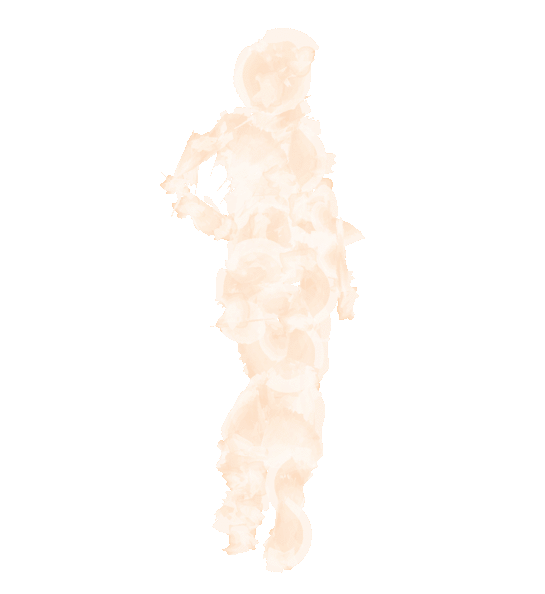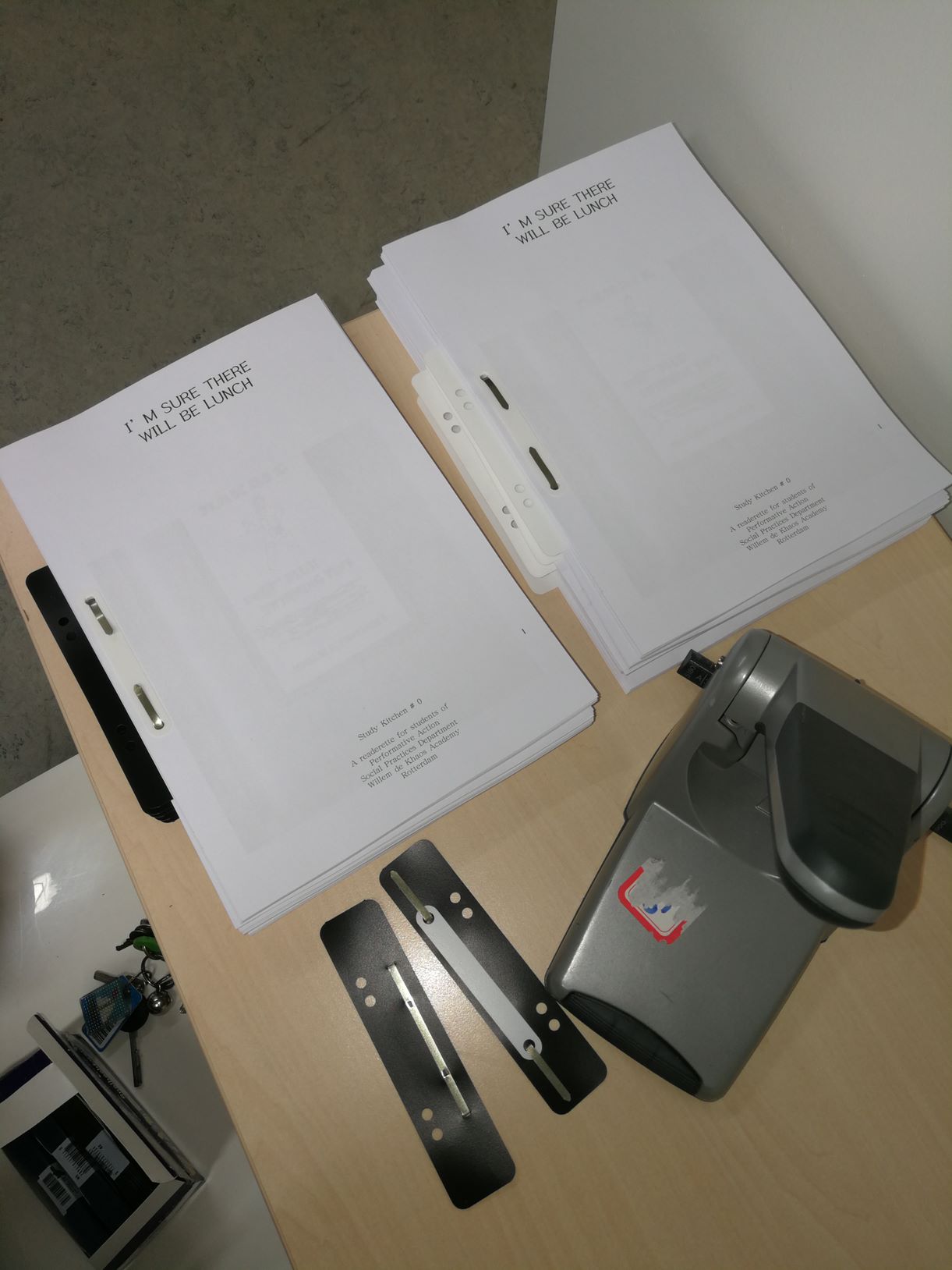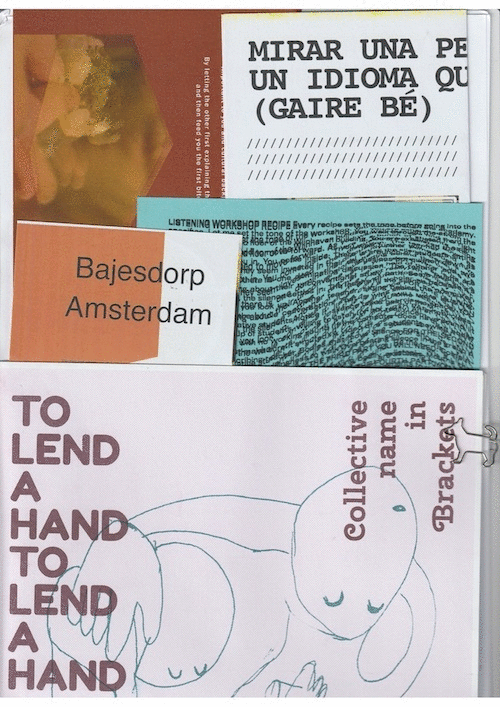Class Archives
Contents
2020-2021
UNDER CONSTRUCTION EXCUSE THE DEBRIS
Course Manuals
Years 3–4
UNDER CONSTRUCTION
Year 2
Course begins in April 2021. In the meantime, you can check our manual from last year.
˚˚˚ cL1CK ˚˚˚˚ h€r3 ˚˚˚˚
Powerplay
Year 4
CLASS ARCHIVE: https://www.poweroflistening.nl/
Decolonial Listening
Decolonial Listening can be the practice of humbling yourself in engaging with others and the world, in whatever form that takes. Humbling your own knowledge and self to make space for listening to one another, to what surrounds us. Listening in this way, we work towards a more ethical relationship to the world.
We will meditate on how some knowledges and knowledges practices are imposed, acknowledging that there are dominant narratives and stories that impact and somehow take up space over others. Decolonial listening explores and attempts to unearth those knowledges that have been overlooked, silenced and disregarded.
We will interrogate the power structures, their languages, and the relations built within them; the role of power in (re)producing violence, domination and marginalization. We will engage with theoretical ideas that disrupt or dismantle the infrastructure of power, concentrating on how various ways of listening are vital in accepting, rejecting, or refusing power.
Year 3
https://recordingviolence2020.hotglue.me/
Recording Violence
Violence exists in multiplicity of forms, paces, scales, with a varying degree of visibility to us. We will dive towards an attentive, clear, and complex understanding of ‘violence’ in the multiplicities of scales and forms it could be performed; from the violence of centering certain forms of being in the world over others, to the silencing of other forms of knowledge, and structural capitalist logics and processes; from the scale of non-human and human bodies, to lands, and the planet; and from everyday temporal encounters, to broad economic structures.
LISTEN TO: Clara Harmssen Listening with the Surrounding https://soundcloud.com/claraharmssen/listening-with-the-surrounding A sound piece about breaking with the normative paradigm of humans as being separate from nature.
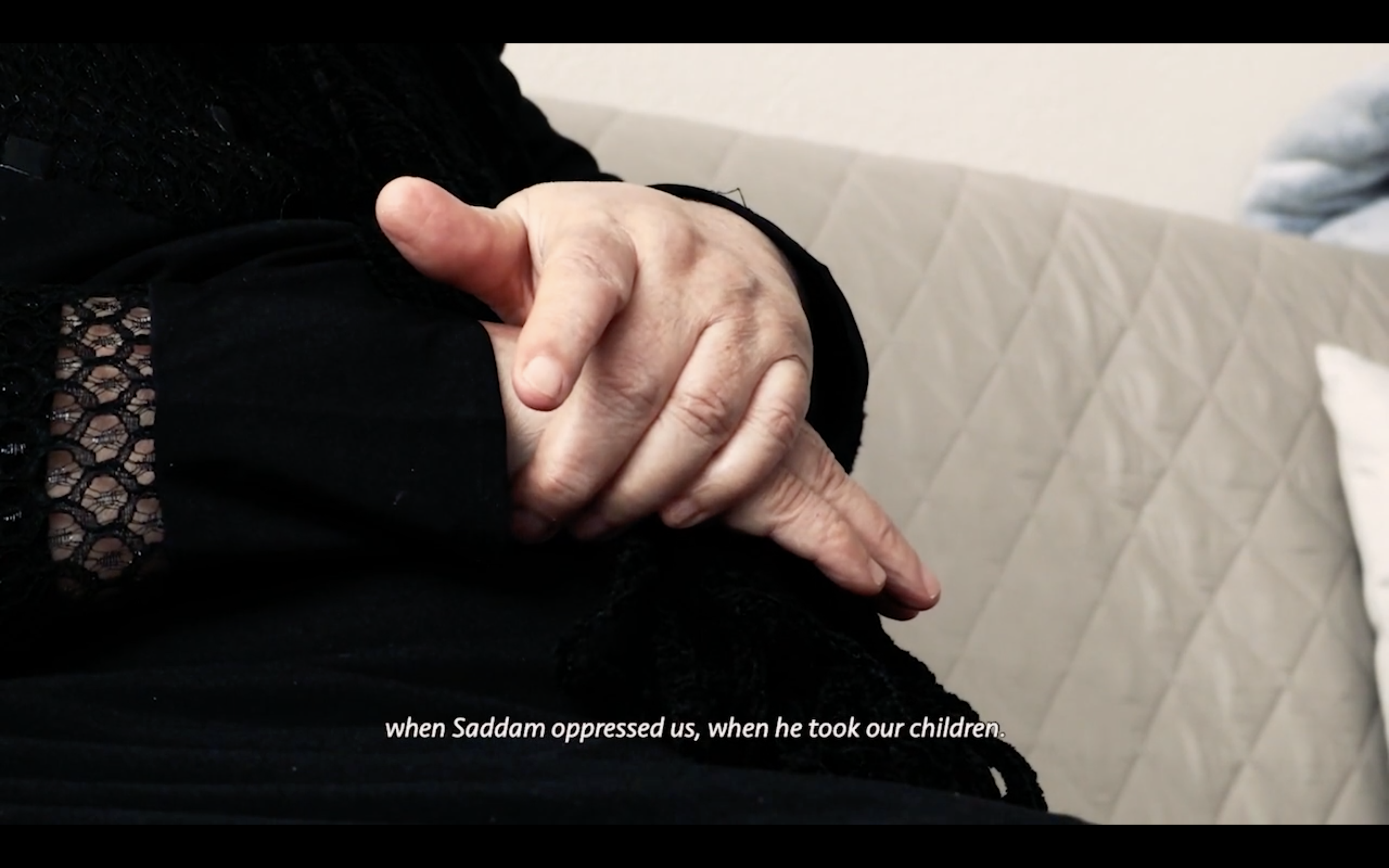
We will focus on ‘recording’ as an overarching method for delving into the issues mentioned above. This method can be understood as a practice of collecting, and mostly framing; arranging, organising, and making public of information; information that could be visual, textual, auditory, evidential, or embodied. This includes practices of documentary making, documentation and archiving, drawing, transcribing, field-recording, mapping, and cartography, to name a few.
Cultural Diversity
Year 4
CLASS ARCHIVE: https://cultural-diversity-class.hotglue.me/
Embodied Knowledge(s) Ideas are not something generated through distance but follow the thinking of Sara Ahmed (2017) in that they arise from our involvement in a world that can leave us feeling a variety of things from bewilderment, confusion, through to joy and happiness. The body “knows” things and how to do things and can enable us to work on our intuition, with our sense that something is not quite right as the starting point for thinking critically.
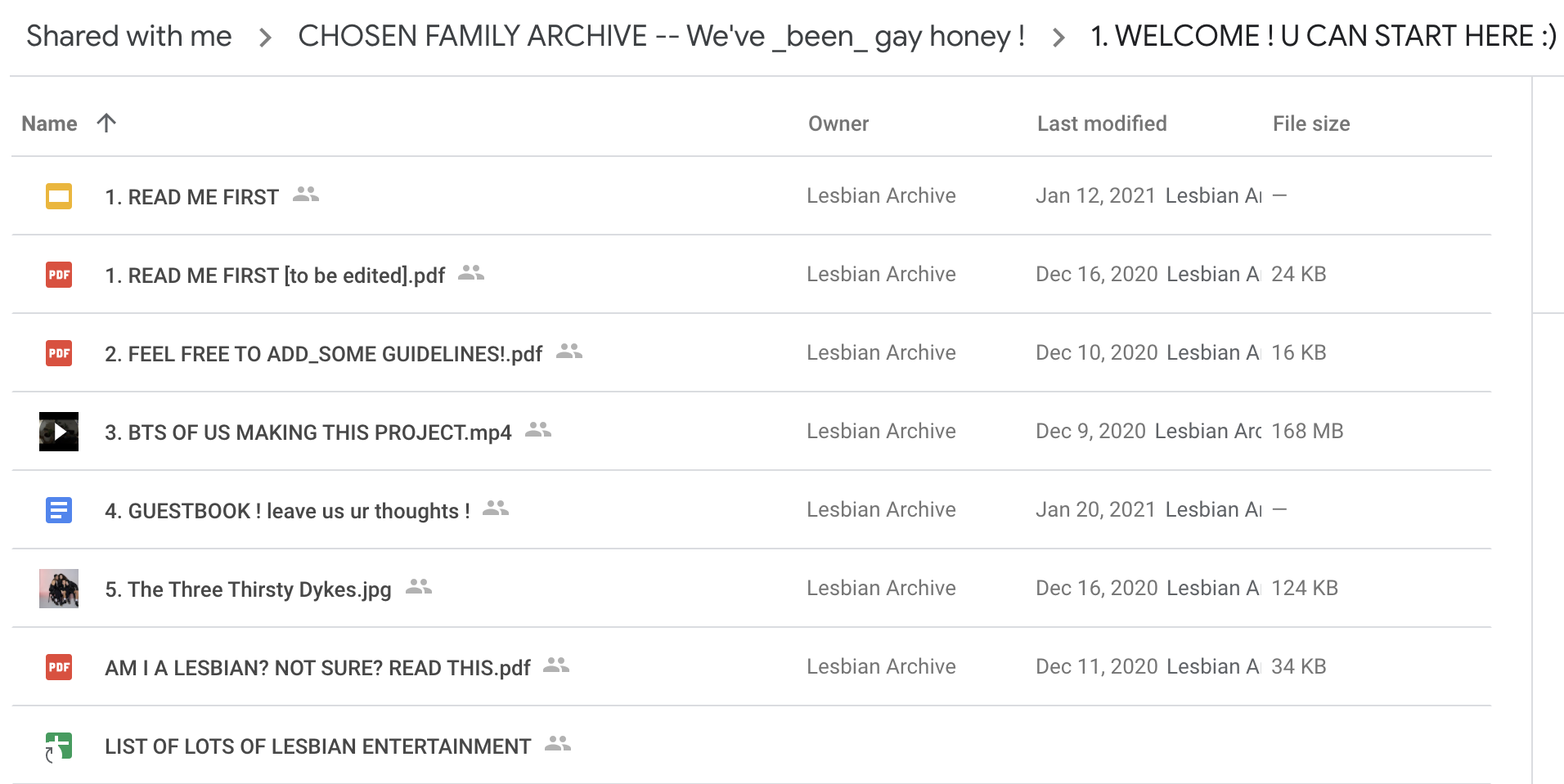
Without the bodily, we would not be able to organize ourselves in our environment. We would not know where/what we are, what/how we are learning or how we can communicate about our feelings, experiences and modes of being. Our bodies are continually in a process of becoming. With what lenses do we gaze on our bodies and those of others?
Year 3
CLASS ARCHIVE: https://p3culturaldiversity2020.hotglue.me/
New Earth
Year 4
https://www.youtube.com/watch?v=tpf2VVKll1Y Documentation of online public presentation for String Figures, an exhibition of five projects connected by Donna Haraway’s practice of string figuring: giving and receiving patterns, dropping threads, and failing but sometimes finding something that works.
THE (…) EARTH
Insert: Inhospitable, Vengeful, Uninhabitable, Violent, Traumatized, etc.
Capitalism is depleting the earth, causing climate change, polluting air, earth and water and is disrupting entire countries. Ever more companies are switching from linear to more circular business models; cities like to profile themselves as green and futureproof; and education is embracing ‘sustainability’ as a key topic.
Despite these admirable developments, adopting a sustainable lifestyle seems to be only in reach for the Western elite. Only the more affluent can afford to invest in solar panels, biological food and fair fashion. On a national as well as an international level the gap between the haves and have-nots is growing and more and more people are displaced due to climate change and related wars. It is clear that technology alone will not suffice. The incentives to really act long-term and put societal benefit before economic benefit, seem not to be pervasive enough throughout the current neoliberal free market economy.
How will we live amongst the capitalist ruins? What are the arts for living on a traumatized planet? How should we change our attitude towards nature? Are there better ways to co-habitate it with other non-human entities? We will focus on living in the wake of climate change as we transition to a new earth. We will unravel underlying power relations and learn to give form to future scenarios while rewriting the rules of the economic system. We will research social design as a political act, and develop new ways of producing/consuming in respect of different environmental, social and economic contexts.
Year 3
https://2021.mywdka.nl/WDKP31SPNE/
For WdKA and Hogeschool Rotterdam users only, not a public archive
Collective/Assembly
Course in development. Formerly Performative Action.
Curriculum Development
https://pad.xpub.nl/p/CollectiveAssemblySANDBOX
Publications
I'm Sure There Will Be Lunch. DOWNLOAD LINK: File:IM SURE THERE WILL BE LUNCH Readerette.pdf
To Lend a Hand. Performative Action 3 Student publication/cookbook on cultural entanglement in urban gentrification. A result of multiple iterations of the Study Kitchen research method, which involves circular labor, non-extractive field work, urgent publishing, deep listening, and food. DOWNLOAD LINK: File:TO LEND A HAND Performative Action Year 3 WDKA Social Practices 2019.pdf
